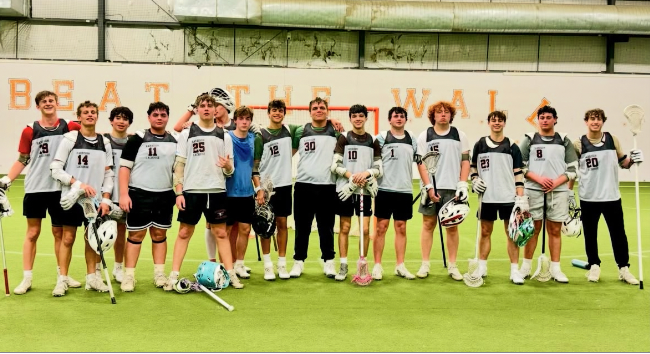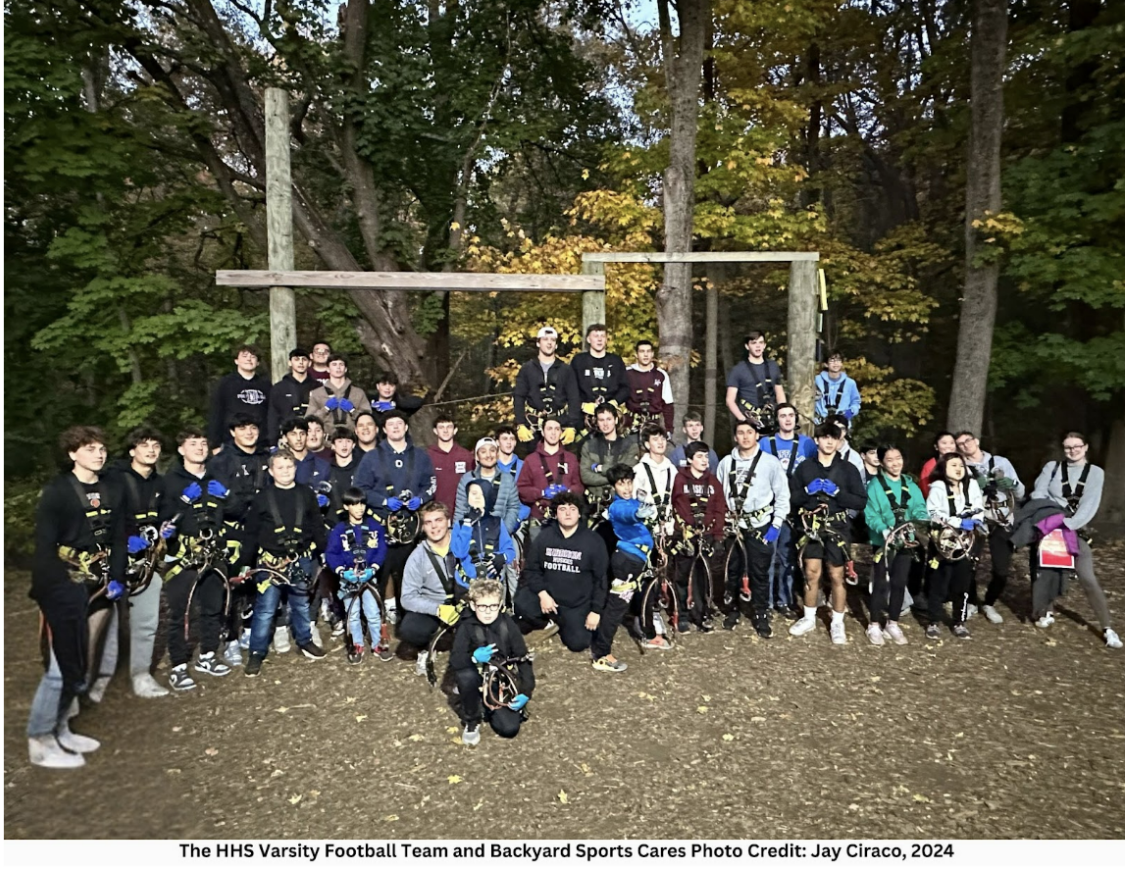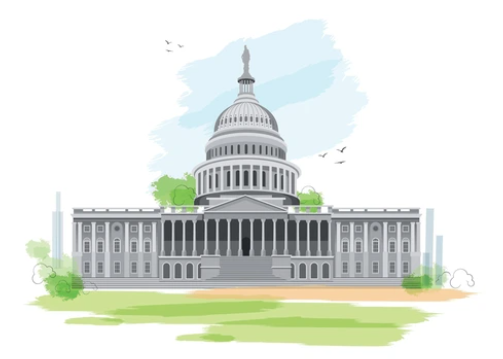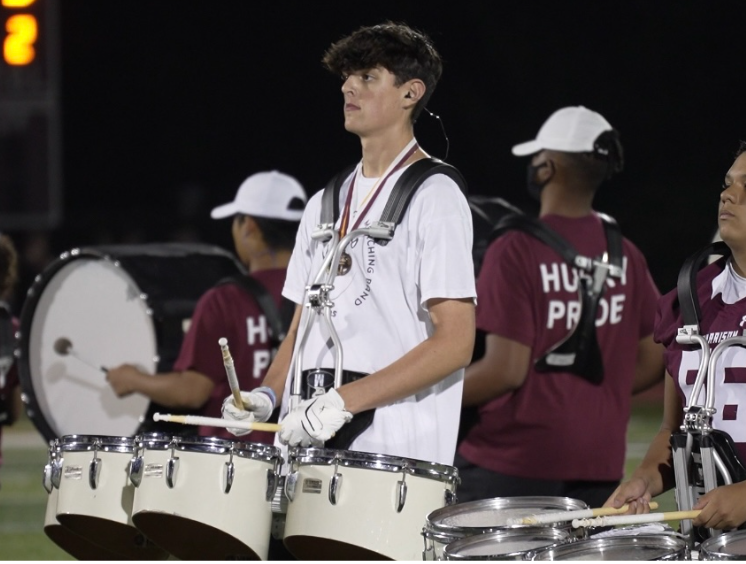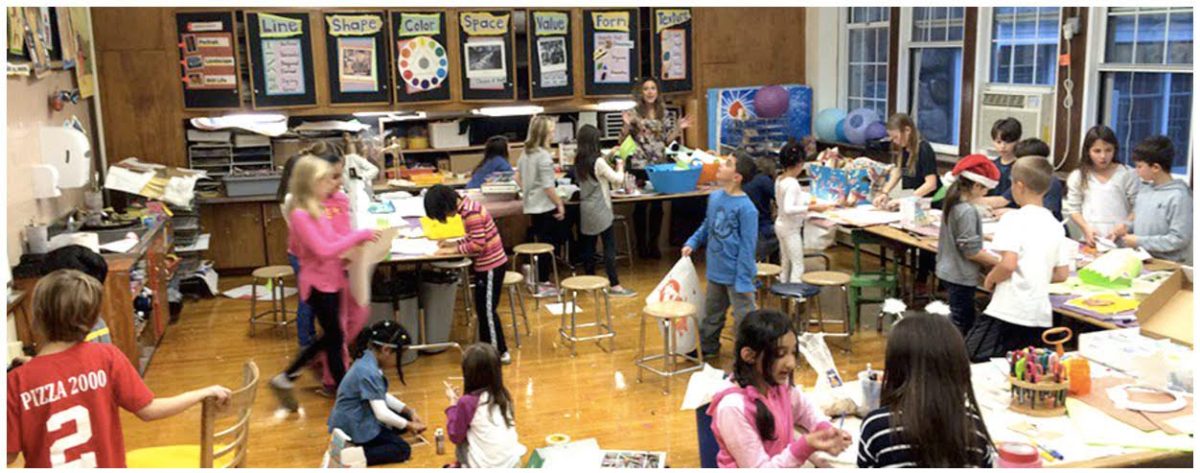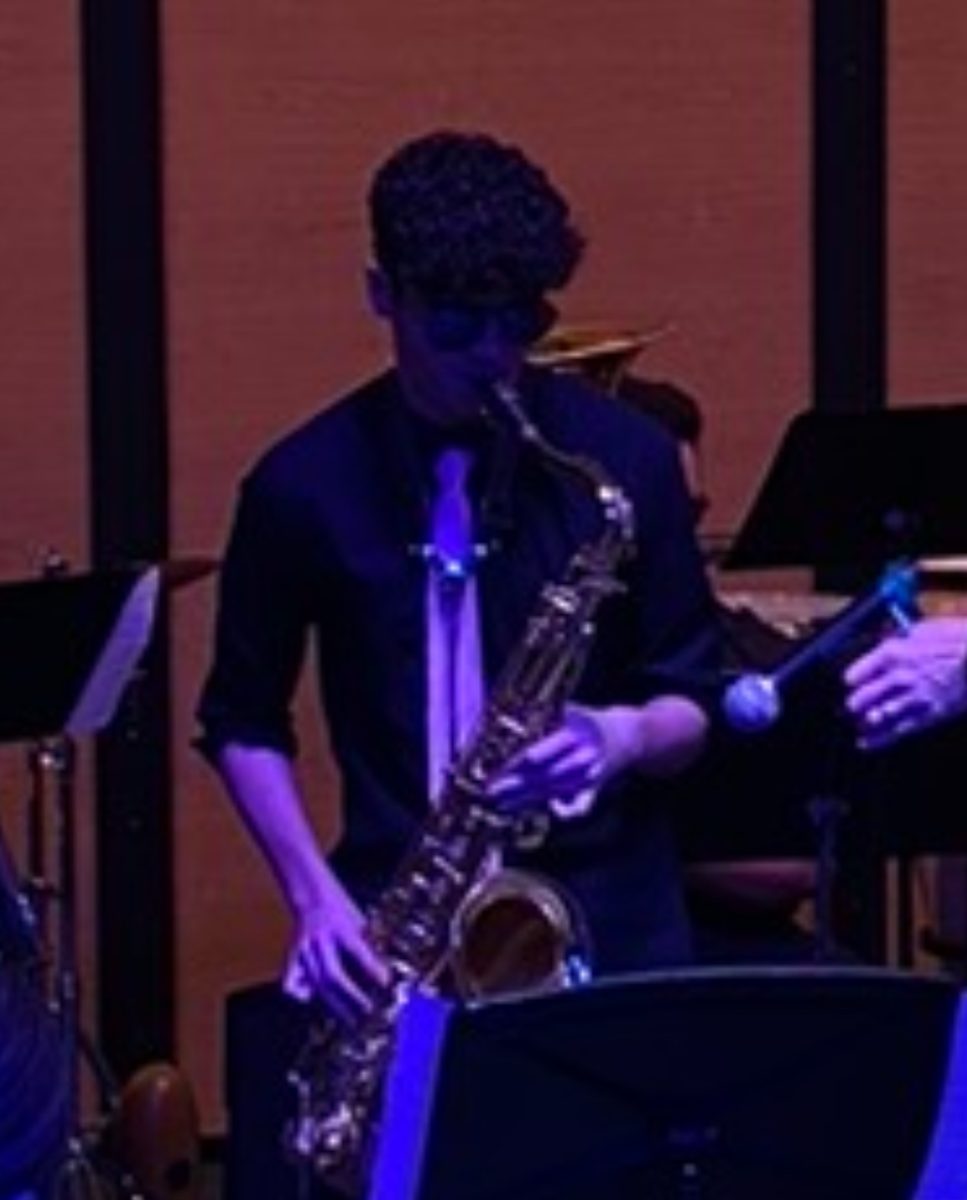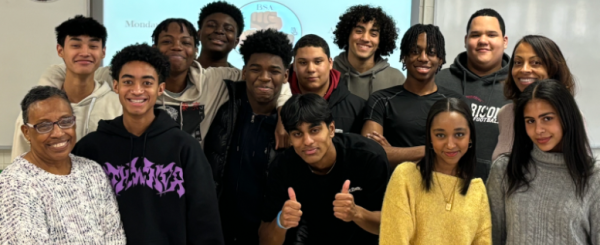Should The Voting Age Be Lowered?
According to Tufts University, in the 2020 election, 55% of young people aged 18-29 voted. This significant voter turnout could be attributed to multiple factors including growing disapproval of the incumbent at the time, President Donald Trump, a growing concern with things such as racial and gender inequalities, and most importantly, the rise of social media spreading these issues and appealing to young voters.
The younger generation is becoming more and more interested in current affairs and politics than ever before. Social media is helping to lead the charge to get more and more young voters involved. Young activists have created accounts on platforms such as TikTok and Instagram. People on both sides of the aisle use these accounts to spread awareness about the issues they feel are important, and help to get out the vote.
Whether this is a newfound interest, or if it is just now showing because of improved resources is unknown to us, but either way, we’ve earned it.
Voting is a democratically ensured right that all citizens should be given. This country has seen fights for the voting rights of certain citizens before and continues to see it today. Just as has been seen in previous fights for this right, there is a group of people that has no say in creating the laws they are subject to follow. Laws that they will be subjected to for the rest of their lives.
Harrison Junior, Zakaria Ahmed, who is currently 16 years old, agrees and says “if a sixteen year old is legally responsible enough to drive, and get a job that forces them to pay income tax, then why are they not responsible enough to vote?”
Another one of the multitude of issues with the current voting age restrictions. The voting age is 18 years old. This means that if you are 17 years and 355 days old on the day of the election, you cannot vote. What makes that person more fit to vote than the person born less than a month after them? This can easily be solved by allowing all people who will be over the age of 18 by the end of the election year to vote. In addition to this, 17-year-olds who will be 18 by the general election, and therefore able to vote in it, are not allowed to vote in the primaries. This means that this demographic of voters are stripped of their democratically ensured right to truly choose who they would like to represent them because they were born a few months too late.
When Congress passed the Voting Rights Act of 1965, they concluded that a sixth-grade education provided “sufficient literacy, comprehension, and intelligence to vote in any election.” And even later in 1975 when renewing the Act, the Senate Judiciary committee pushed this idea further by stating that “It is difficult to see why citizens who cannot read or write should be prevented from participating in decisions that directly affect their environment.”
Not only are there clear legal arguments to be made, there is also a moral obligation that we have to the future generations to stop discouraging them from being actively involved in politics and the decisions that will shape their future. Younger generations generally don’t have as high of a turnout in elections. Not because of a blatant lack of interest, but rather because we do not present the information and because the tools and reasoning to become interested are not there.
Because we discourage participation in the political process from such a young age, it is no wonder why young people chose not to vote – they feel as if their voice doesn’t matter and that their vote doesn’t count.

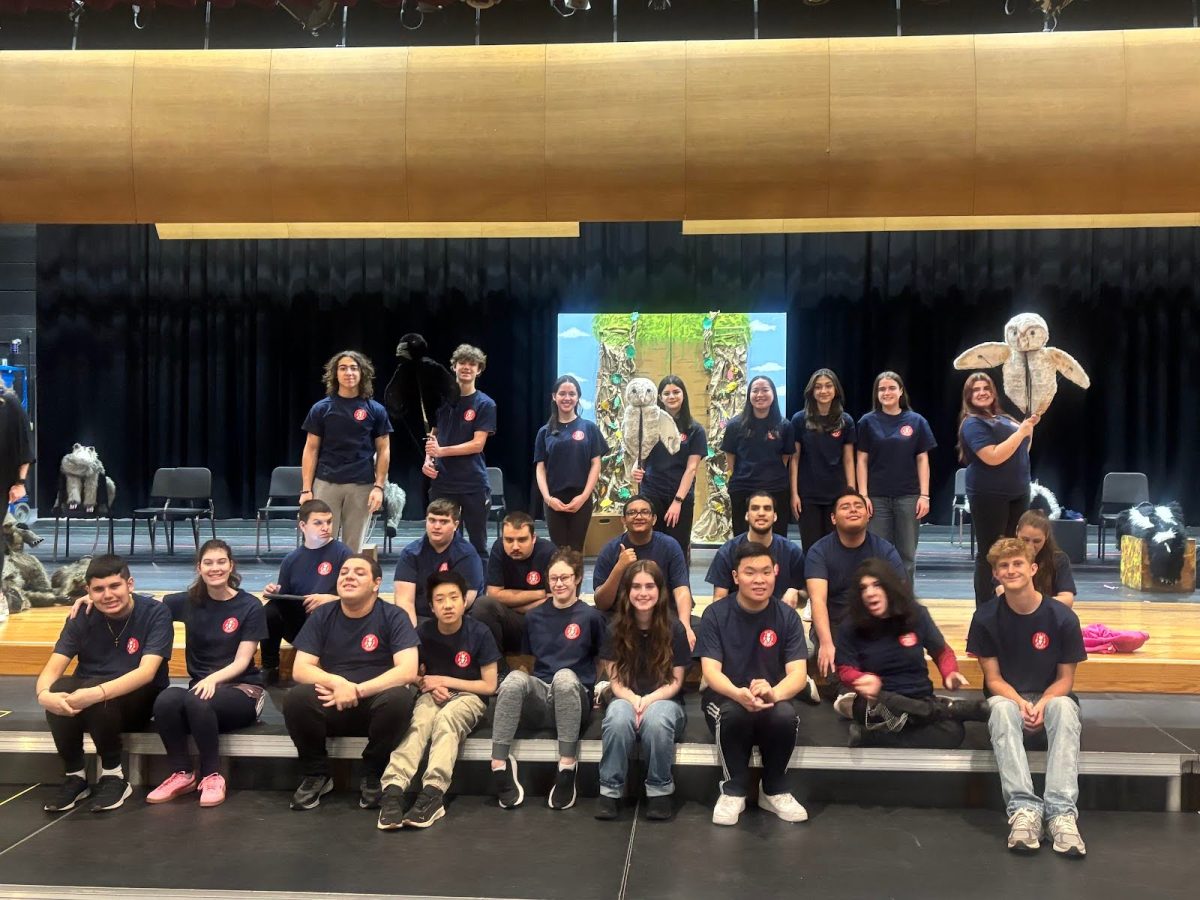


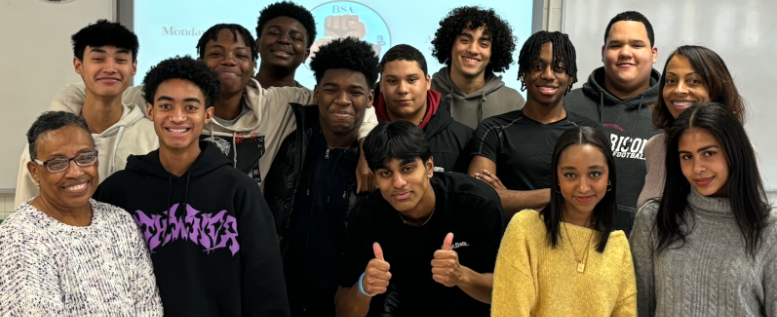

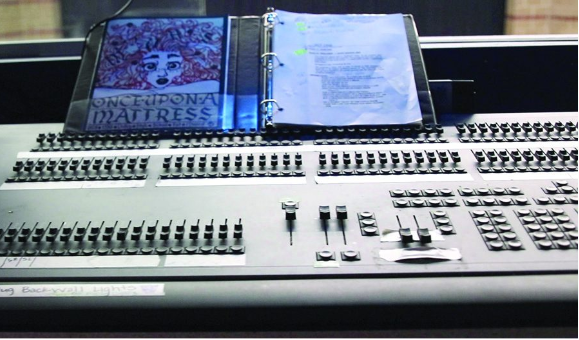
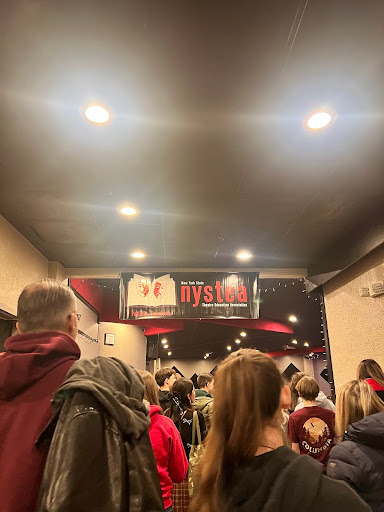
![[From left to right-Top row: Harison Fliegenspan, Talia Russo, Isis Leite, Micaela Thone, Rosella Paniccia. Bottom row: Maya Rolan, Eren Yoshimura, Audrey Cheung, Karinah Diaz]](https://thehuskyherald.org/wp-content/uploads/2025/02/IMG_0927.jpg)
